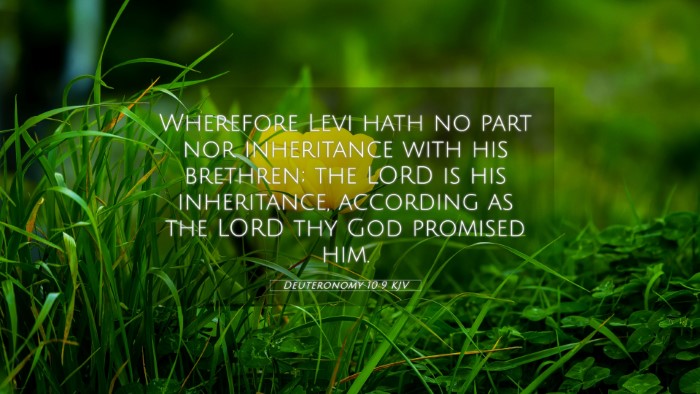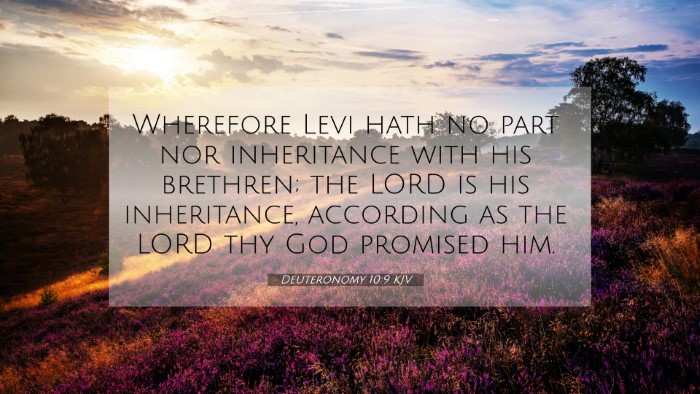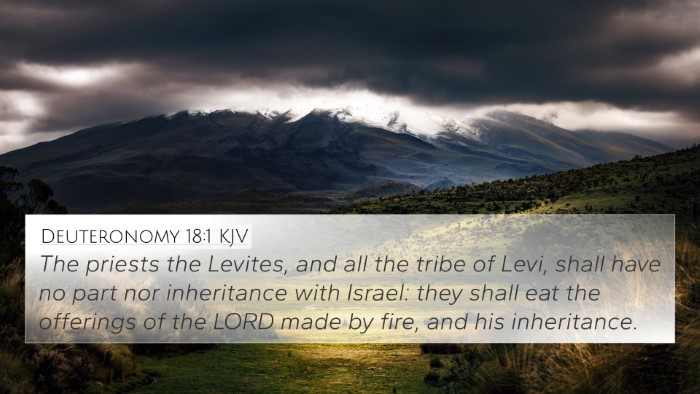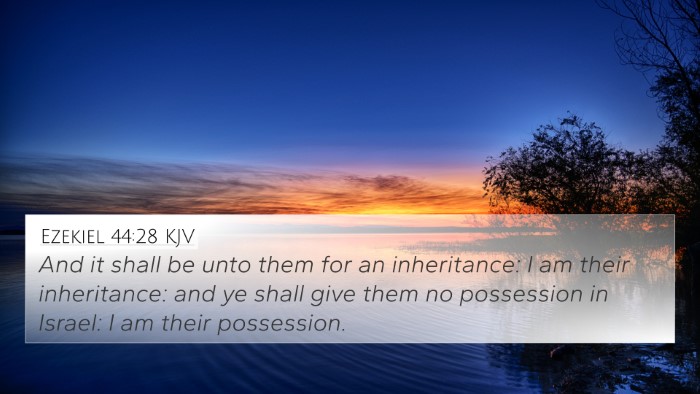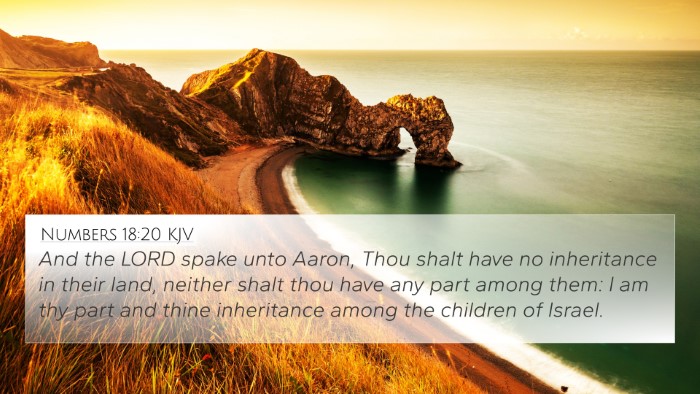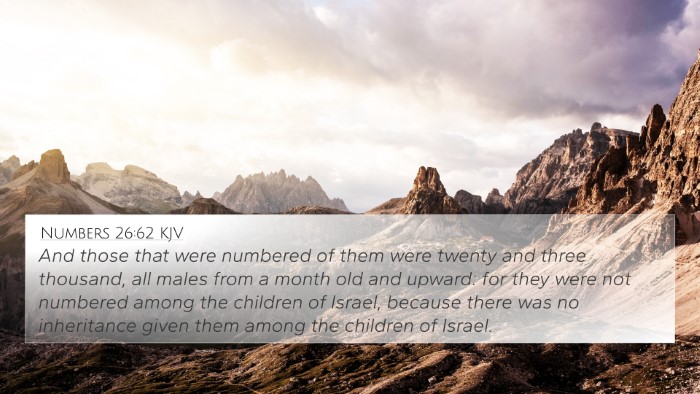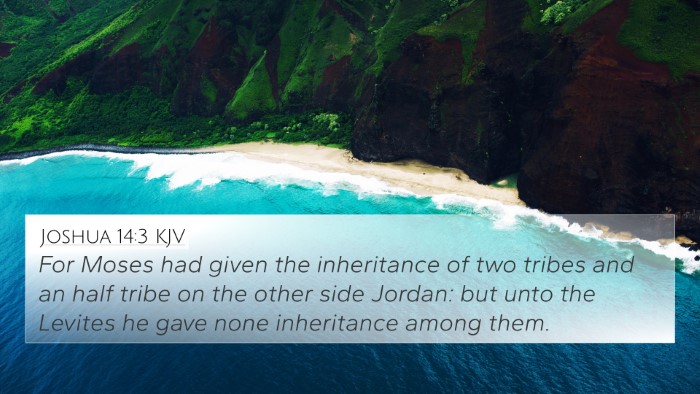Understanding Deuteronomy 10:9
Deuteronomy 10:9 states, "Therefore Levi has no portion or inheritance with his brothers; the Lord is his inheritance, as the Lord your God said to him." This verse gives a significant insight into the special role of the tribe of Levi amongst the Israelites.
This commentary aims to combine insights from revered public domain commentaries by Matthew Henry, Adam Clarke, and Albert Barnes to provide a comprehensive understanding of the verse.
Context of Deuteronomy 10:9
The context of this verse is essential for understanding the significance of Levi's role. In the preceding chapters, Moses recounts the journey of the Israelites through the wilderness and emphasizes the laws and statutes given by God.
- The Levites were chosen as the priestly tribe, set apart for serving in the tabernacle and later in the temple.
- This verse establishes the lack of a physical inheritance for the Levites, highlighting their unique status and reliance on God for their sustenance.
Commentary Insights
Matthew Henry's Commentary: Matthew Henry emphasizes the idea that the Levites' devotion to God was compensated by a direct relationship with Him. They were to claim God as their portion, which symbolizes spiritual richness over earthly wealth.
Albert Barnes' Notes: Albert Barnes reminds us that although the Levites did not receive land like the other tribes, they received cities and provisions from the offerings of the people, illustrating how God provides for those dedicated to His service.
Adam Clarke's Commentary: Adam Clarke points out that the statement reflects a broader principle in Scripture — the priority of spiritual inheritance over material possessions. He further explains that this establishes a model for believers today, encouraging them to seek God above all else.
Thematic Connections
The implications of this verse resonate throughout Scripture, emphasizing themes of reliance on God, spiritual inheritance, and the distinct role of the priesthood:
- Hebrews 7:11-12: Discusses the change in the priestly order, linking back to Levi's role.
- Joshua 13:14: Highlights that the Levites will not receive territorial inheritance as other tribes do.
- Deuteronomy 18:1-2: Depicts the Levites being set apart and receiving specific rights and provisions.
- Psalm 16:5: Expresses a similar sentiment, declaring the Lord as the psalmist’s chosen portion.
- 1 Peter 2:9: Refers to believers as a chosen people, paralleling the chosen status of the Levities.
- Lamentations 3:24: Affirms the sentiment that “the Lord is my portion,” echoing the ideas presented in Deuteronomy.
- Matthew 6:33: Encourages believers to seek first the kingdom of God, aligning with Levi's direct pursuit of God over land.
Cross-Referencing the Theme
Cross-referencing Biblical texts can enrich our understanding of this verse, drawing parallels with other scriptures that reflect similar themes:
- Exodus 32:26-29: Notes the Levites' commitment to God amidst rebellion.
- Numbers 18:20-21: Discusses how God is the inheritance of the Levites.
- Galatians 3:29: Calls believers heirs according to the promise, illustrating the concept of spiritual inheritance.
- Romans 12:1: Encourages believers to present themselves as living sacrifices, much like the Levites who dedicated themselves to God’s service.
Conclusion
Deuteronomy 10:9 is a profound reminder of the prioritization of spiritual inheritance and God's provision for those who dedicate themselves to His service. The Levites serve as an example for all believers on the importance of relying on God rather than earthly possessions.
By exploring Bible verse cross-references and cross-referencing Biblical texts, we gain a fuller picture of the connections between different passages, enriching our understanding of scripture as a whole.

